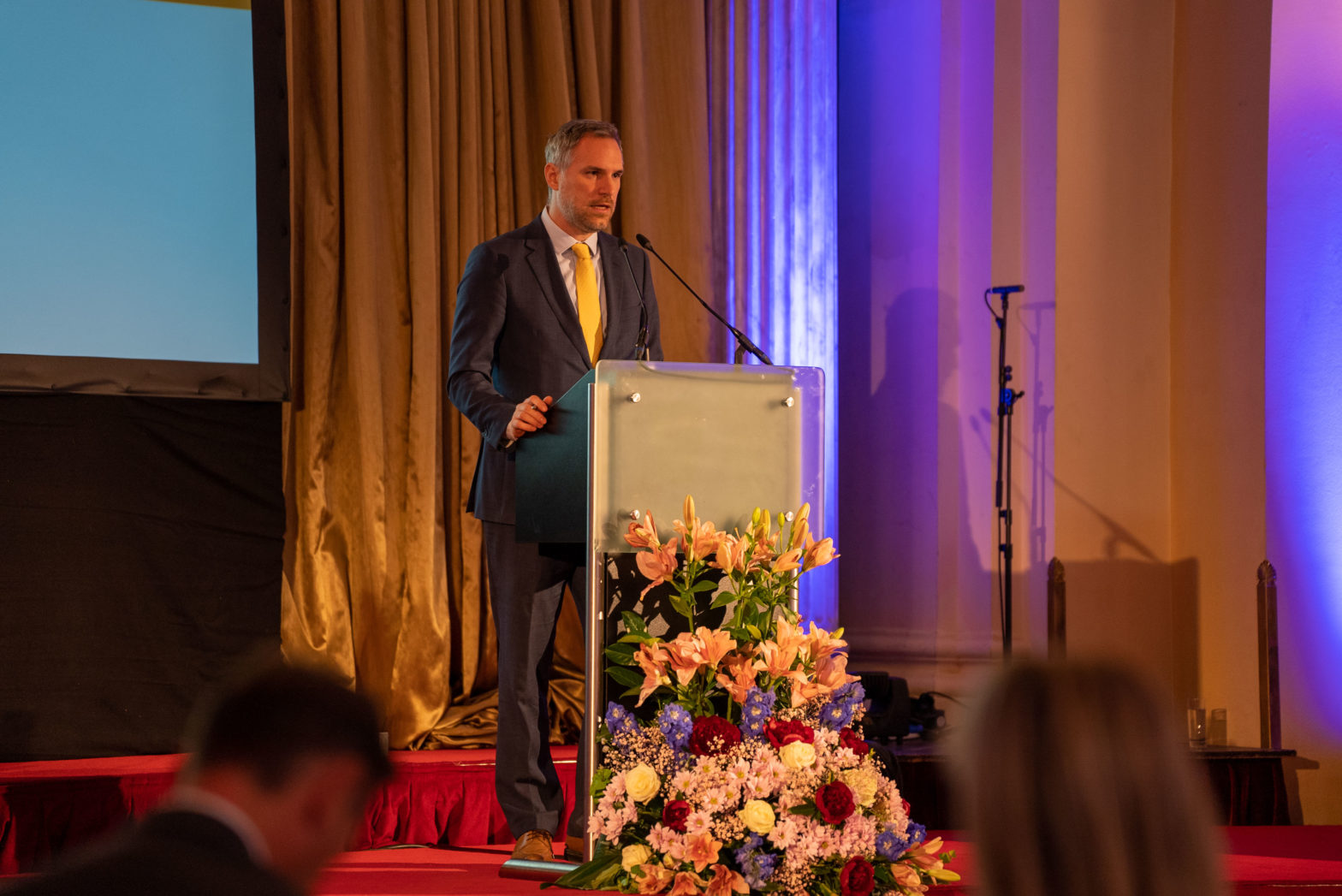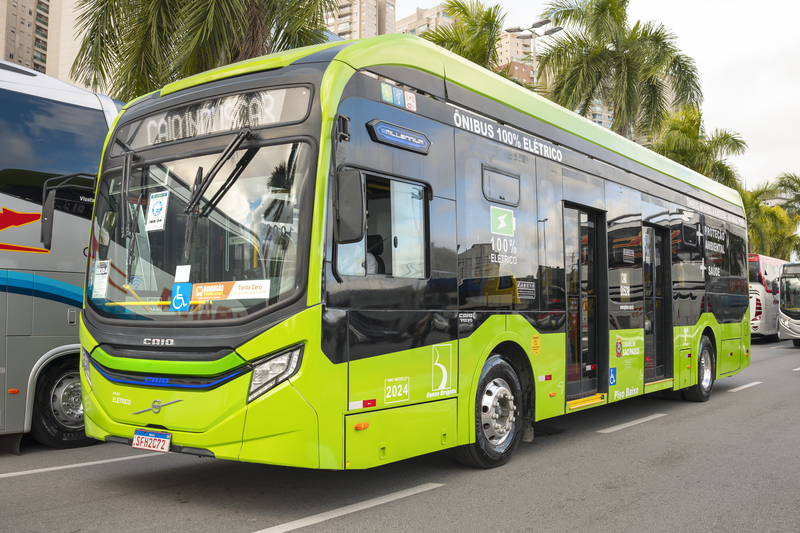
Photo: Prague
Prague mayor backs ‘motivation, not force’ to reduce car use
15 July 2022
by Christopher Carey
Prague Mayor Zdeněk Hřib said cities need to entice commuters out of their cars by offering sustainable transport that’s both faster and cheaper than the car.
Speaking to Cities Today on the sidelines of a two-day EU conference in Prague, the mayor said the Czech capital is boosting its transport infrastructure to meet emissions reduction goals.
“Basically, this is about how to motivate people to abandon their cars – we don’t want to force them at this moment, but we need to motivate them somehow and that means more comfortable, cheap and fast public transport.”
The city is allocating more lanes for buses, expanding park and ride zones on the outskirts of the city and boosting tram and metro lines.
“But the biggest challenge is explaining the necessity of change to people,” said Hřib.
“Transport is an emotive issue – especially in the age of social media. For example, we see there is some kind of fury from car users towards cyclists.
“I think the best way to combat this is to invest in public transport and infrastructure to make it attractive for people.
“We need to convince people that public transport can be faster.”
Climate plan
Last year, Prague approved its climate action plan, which is aiming to lower emissions by 45 percent by 2030 (compared to 2010 levels).
The plan has four main pillars: sustainable energy and buildings, the circular economy, adaptation measures and sustainable mobility.
Earlier this year, the city opened an extension of its tram network, and is currently building a fourth metro line.
Hřib also believes the war in Ukraine will speed up Europe’s transition towards green technologies, with countries realising they need to be more self-sufficient.
“From the very beginning [of the climate plan] I was talking about the need for us to be self-sufficient when it comes to energy, that we should not be reliant on fossil fuels that come from countries that don’t have a good human rights record,” he said.
“I think in 2021 there was not enough understanding of this, but now I believe a lot more people understand.”
Regional cooperation
The two-day Committee of the Regions meeting in Prague gathered local and regional leaders from all over Europe to mark the start of the Czech Presidency of the Council of the EU.
Among the main issues discussed were how to finance the decarbonisation of public transport through the EU’s cohesion policy and instruments, removing administrative bottlenecks, and giving cities direct access to EU funds.
Under the EU’s cohesion policy, member countries have spent billions of Euros over the past decade to promote clean urban transport – financing hundreds of projects on the ground.
“Carbon-free mobility in our cities is absolutely paramount if we want to reach our objective to be a carbon-neutral continent by 2050,” said Emil Boc, Mayor of Cluj-Napoca and chair of the meeting.
“Therefore, all the political, juridical and technical obstacles preventing the cohesion policy from financing green mobility in our cities and rural areas should be removed.
“Enhancing public transport and active mobility, while reducing the use of individual cars, is the only way to succeed in implementing a fair ecological transition for all.”













